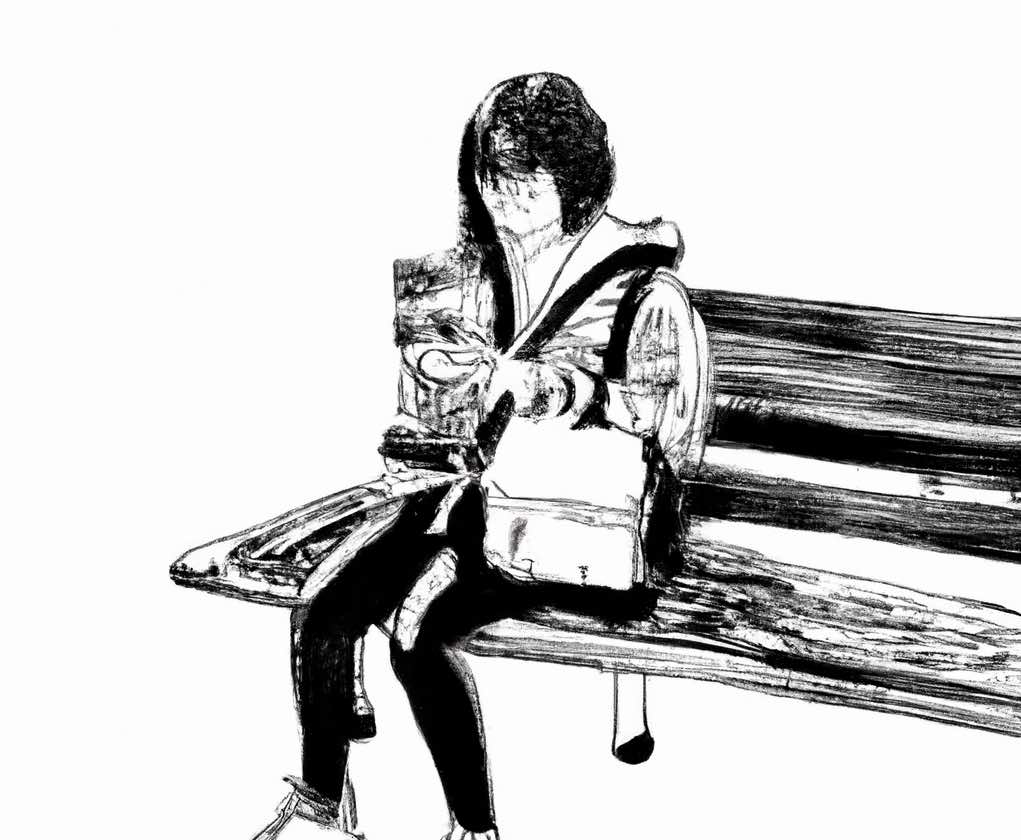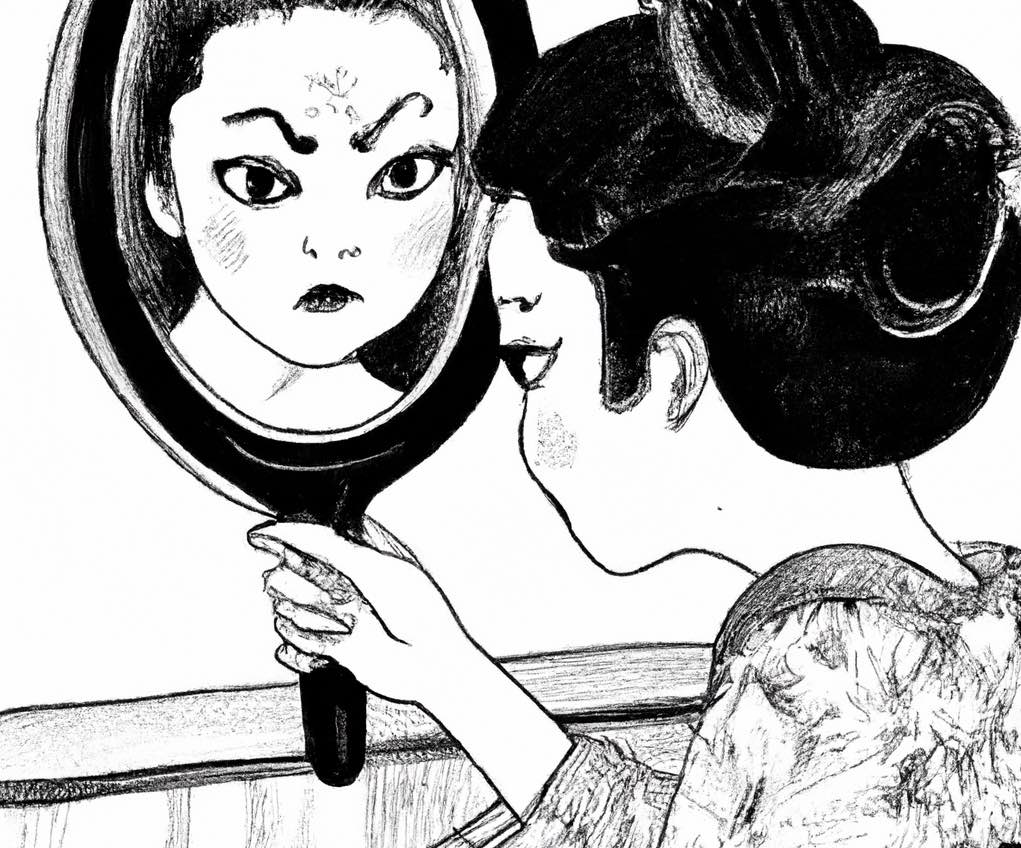The holidays can be a tough time for people for a number of reasons. Studies have shown that the holidays can take a toll on people’s mental health, especially if they are struggling with depression, anxiety, or other mental health conditions.
First, there is the pressure to spend time with family and friends, which can be difficult if relationships are strained.
There is also the pressure to buy gifts and make plans, which can be difficult for people who are struggling financially.
And finally, there is the pressure to be happy and festive, which can be difficult for people who are dealing with personal problems or who are simply feeling down. All of these pressures can lead to stress, anxiety, and even depression.
OCD and the holidays
OCD can be a mental challenge during the holiday season for several reasons. For one, the holiday season is generally a busy time of year, and people with OCD may have a hard time keeping up with their usual routines and rituals. This can lead to feeling anxious or stressed, which can exacerbate OCD symptoms.
Additionally, the holidays can be a triggering time for people with OCD due to all the holiday-related activities and events (e.g., gift shopping, decorating, attending parties).
This can make it difficult to stick to one’s treatment plan and can cause an increase in OCD symptoms. Finally, the holiday season is often a time when family and friends get together.
For people with OCD, this can be a triggering and stressful event. This is because they may feel like they have to “perform” for their loved ones and bePerfect. This can lead to a lot of anxiety and stress.
I have OCD and during the holiday season, I find it difficult to be around all the people and the hustle and bustle. I tend to want to stay in my own space and not be around others. I also have a hard time with all the food around and the temptation to eat everything. I try to stay on my diet and exercise routine, but it is hard with all the holiday parties and gatherings. I am also aware that I need to be careful of my spending during the holidays, as I can get carried away. Overall, I find the holiday season to be a difficult time for me, but I try to make the best of it and enjoy the time with my family and friends.
Paul M.
OCD and the holiday season: some tips
For people with OCD, the holiday season can be a difficult and stressful time. The holiday season can be a trigger for OCD thoughts and behaviors. OCD can make it hard to enjoy the holidays and can make it difficult to participate in holiday activities. Here are some tips for dealing with OCD during the holiday season:
- Be prepared for triggers. If you know that certain holiday activities or situations are triggers for your OCD, be prepared for them. Have a plan for how you will deal with the trigger.
- Stick to your treatment plan. Don’t let the holiday season throw off your OCD treatment plan. It’s important to stick to your treatment in order to keep your OCD under control.
- Reach out for support. If you’re feeling overwhelmed by OCD during the holiday season, reach out to a friend, family member, or therapist for support. Talking about your OCD can help you feel better and can help you find ways to cope with your symptoms.
- Take a break from holiday activities if needed. If you’re feeling really overwhelmed by OCD, it’s OK to take a break from holiday activities. Don’t feel like you have to force yourself to participate in holiday activities if it’s too difficult.
- Focus on the positive. The holiday season can be a difficult time for people with OCD, but it’s important to focus on the positive. Spend time with loved ones, enjoy your favorite holiday foods, and take some time to relax.



